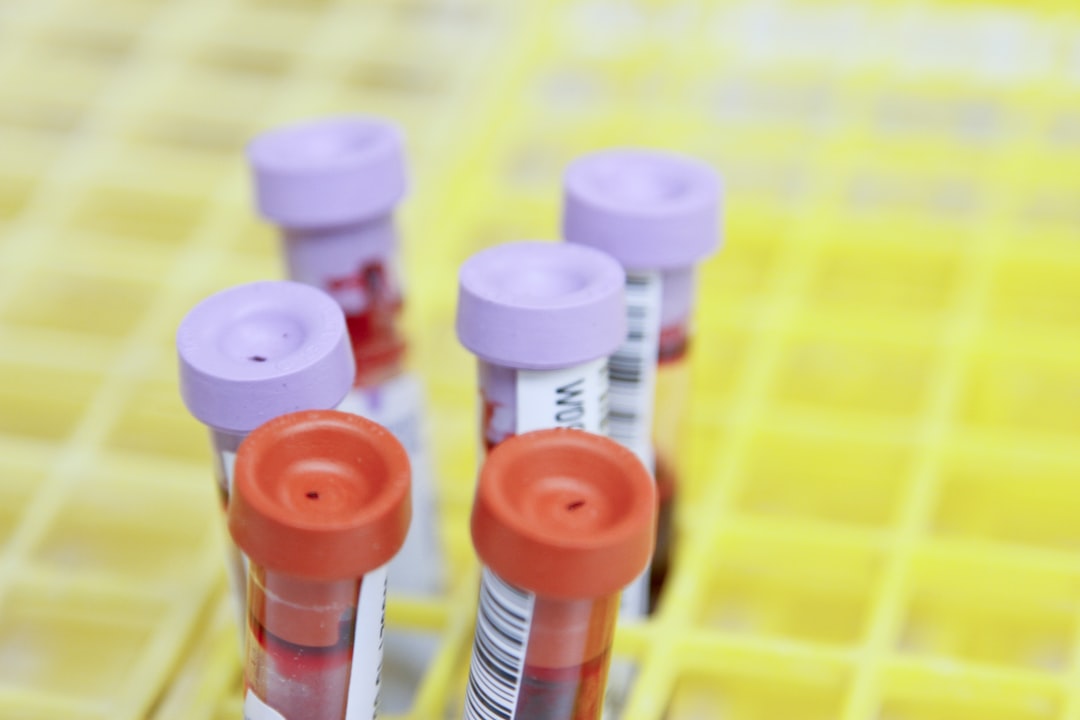What is it about?
Cytotoxic lymphocytes, such as Natural Killer (NK) cells, protect our body from intracellular pathogens and cancer; however, when their functions are deregulated, these cells can promote uncontrolled inflammation. Beyond NK cells, the spectrum of killer cells has recently expanded with the identification of innate lymphoid cells (ILCs) having cytotoxic activity. The functions of NK cells and ILCs are regulated by specific networks of transcription factors, among those STAT4 is considered as one of the main regulators of NK cell inflammatory and cytotoxic activity. Can STAT4 similarly control the function of other cytotoxic innate lymphocytes? What is the STAT4 role in the context of inflammation? By combining genetic and transcriptomic approaches, we found an unexpected role of this transcription factor in innate lymphocytes. While deficiency of Stat4 in mice leads to impaired NK cell differentiation, specialized cytotoxic ILCs paradoxically increase during intestinal inflammation. Thus, the same transcription factor can have opposite effects in developmentally-related cell types.
Featured Image

Photo by National Cancer Institute on Unsplash
Why is it important?
Understanding the mechanisms that regulate the functions of cytotoxic innate lymphocytes is particularly relevant not only in the context of human IBD, but also for the design of cancer and antiviral therapies.
Read the Original
This page is a summary of: Divergent roles for STAT4 in shaping differentiation of cytotoxic ILC1 and NK cells during gut inflammation, Proceedings of the National Academy of Sciences, September 2023, Proceedings of the National Academy of Sciences,
DOI: 10.1073/pnas.2306761120.
You can read the full text:
Contributors
The following have contributed to this page










